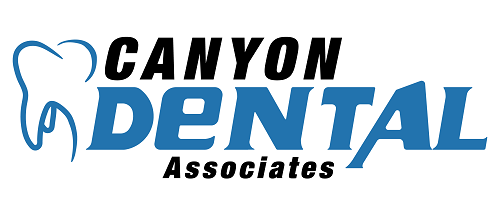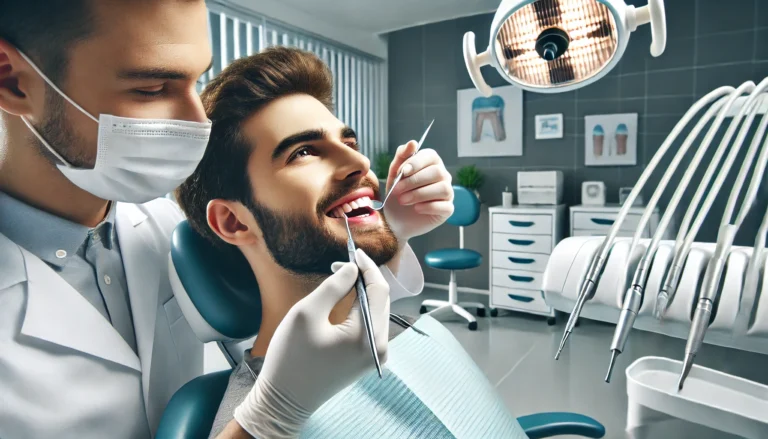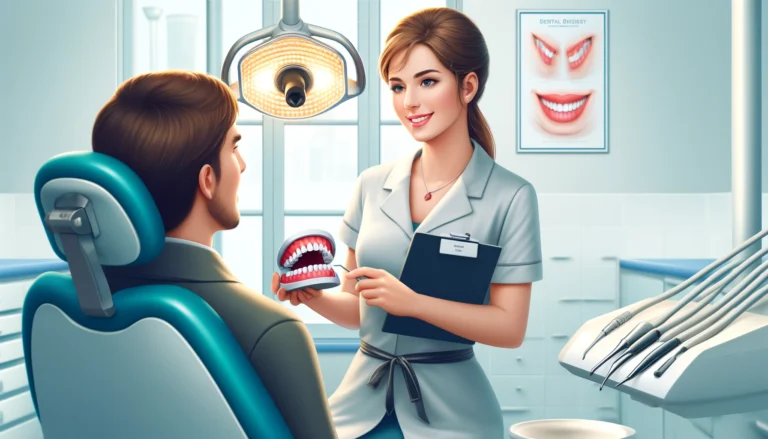Dental emergencies can strike at any moment, often bringing intense discomfort and the potential for long-term oral health implications. Understanding these emergencies and knowing how to respond swiftly can be pivotal in mitigating pain and preventing further complications.
Toothache: A Common Culprit
A toothache, often a harbinger of deeper dental issues, can be triggered by various factors, including cavities, gum disease, or even an impacted tooth. When confronted with a toothache, it’s advisable to rinse the mouth with warm water, gently use dental floss to dislodge any trapped food particles, and apply a cold compress to the exterior cheek to reduce swelling.
Chipped or Broken Teeth
Chipped or broken teeth, while commonly resulting from accidents or hard foods, require immediate attention. Initially, rinse the mouth with warm saline water and apply a cold compress to the affected area to reduce swelling. It’s crucial to preserve any broken tooth fragments and consult a dentist promptly.
Knocked-Out Tooth: Handling with Care
A knocked-out tooth is a critical dental emergency. It’s essential to handle the tooth by the crown, not the root, rinse it without scrubbing, and attempt to reinsert it into the socket. If reinsertion isn’t possible, preserve the tooth in a container of milk and seek dental assistance immediately.
Lost Filling or Crown
If a filling or crown is lost, a temporary measure involves sticking a piece of sugarless gum into the cavity or using over-the-counter dental cement. However, these are temporary fixes, and prompt dental care is necessary to avoid further damage.
Abscess: A Dental Emergency
An abscess, a pocket of pus caused by a bacterial infection, is a serious condition that can lead to more significant health issues if untreated. Symptoms include severe pain, swelling, and redness. Immediate dental consultation is necessary for appropriate treatment.
Bleeding and Swelling: Causes and Care
Bleeding gums can result from injuries or gum disease, and should be addressed by rinsing the mouth with mild saltwater and applying a cold compress. Swelling, particularly when accompanied by pain, may indicate an infection and warrants prompt dental attention.
Jaw Injuries: Not to be Overlooked
Jaw injuries, potentially serious, require immediate medical evaluation if accompanied by severe pain, difficulty moving the jaw, or misalignment. Applying a cold compress can help reduce swelling until professional help is obtained.
Braces and Retainers: Orthodontic Emergencies
Broken braces or displaced retainers, while not always painful, need urgent dental attention to avoid prolonging orthodontic treatment. Covering protruding wires with orthodontic wax can prevent mouth injuries.
Prevention: The Best Strategy
Preventive measures, such as regular dental check-ups, proper oral hygiene, and using mouthguards during sports, are key to avoiding dental emergencies.
Understanding and promptly responding to dental emergencies is crucial for maintaining oral health. Adopting preventive measures and seeking timely dental advice can significantly reduce the risks and impacts of these emergencies.


